What to Expect as a First Time English Teacher in Europe: An Insider Look at Life Beyond the Classroom
Will you be teaching English in Europe for the first time (or are you dreaming of it)?
The idea can bring a wave of excitement with dreams of teaching by day and
enjoying a glass of wine in a breathtaking piazza by night.
It can also inspire a multitude handful of questions and unknowns, especially if you’re totally new to teaching.
I spent about a year teaching English in Poland in my early twenties, and it was by far the most fulfilling job I had during my backpacking years.
Teaching English in Europe will bring career growth, new relationships, new experiences, and the opportunity to completely embed yourself into a new culture.
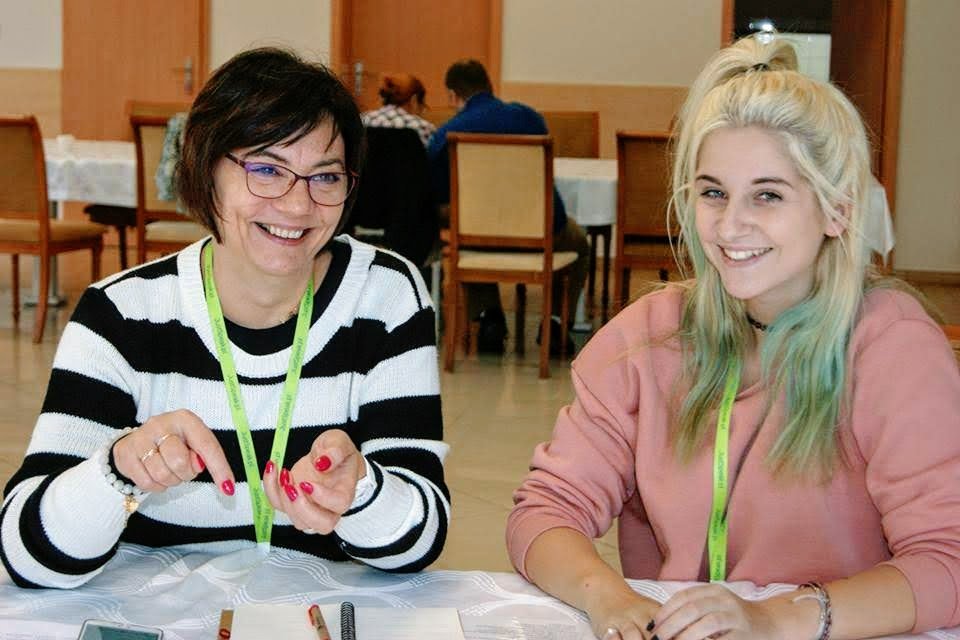
As with any new endeavour, you will certainly encounter unexpected surprises and it’s likely that not everything will go to plan.
With that said, it’s easy to prepare these things before you go in order to make your new venture run as smoothly as possible.
In this article, I’ll share exactly what to expect in terms of language, money, culture, and more while teaching English in Europe for the first time, based on my experiences.
Are you ready? Then let’s get into it.
What to Expect as a First Time English Teacher in Europe
Language
As you will be teaching English to non-native learners, you will likely be living in a
country where the language differs from yours.
If you don’t speak the native language of your new country (and even if you do!), there may be situations in which you and your colleagues end up misunderstanding each other and getting confused.
Even if everyone around you can speak English, learning as much of the local language as you can will benefit you in countless ways. People are always appreciative of foreigners that attempt to learn their language, and you’ll find it much easier to make friends if they can see you’re making an effort.
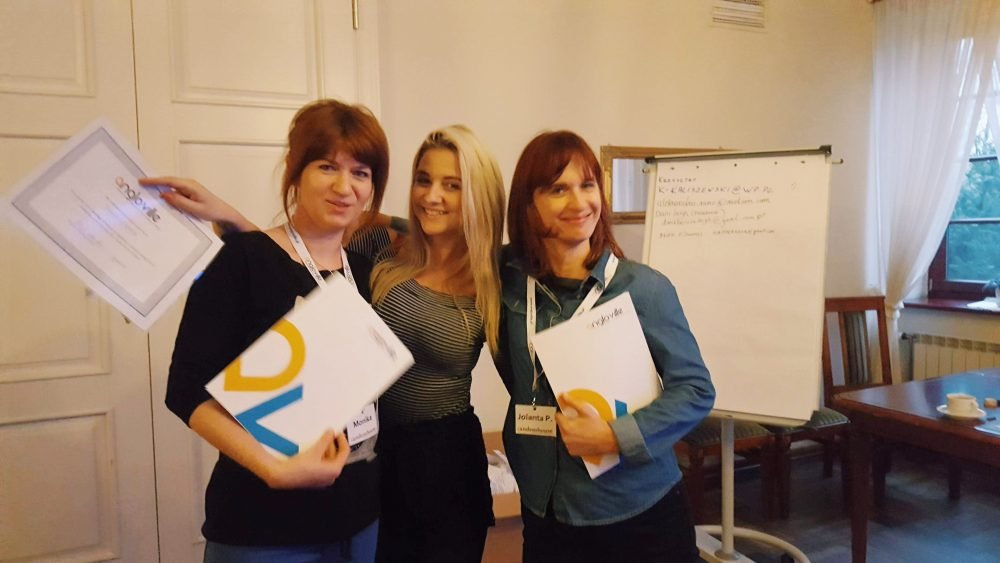
It’s also important to note that your students will likely have been exposed to various dialects of English. Some may have grown up watching American movies, or had friends from Australia, the United States, Ireland, or the United Kingdom. It’s worth bearing in mind that their vocabulary and grammatical usage could reflect those variations.
Having a solid idea of the most common differences between the dialects of those countries will be helpful. If word or turn of phrase doesn’t sound accurate, you’ll be able to work out whether the student actually needs guidance, or what they’re saying is merely a reflection of how another country speaks.
Money
Europe is made up of many diverse countries and cultures with differing economies.
The cost of living varies hugely across the continent, and wages vary for English teachers as well, depending on your chosen country, region, and type of English
teaching job.
Additionally teaching jobs in Europe can be super competitive due to the fact that living in Europe is so attractive to outsiders, and many native Europeans speak English fluently.

Because of the never-ending supply of English teachers, salaries are not as competitive as they are in other parts of the world, so managing your salary expectations is key. For English teachers in Europe, their salary generally covers the cost of housing, food, and public transport, with little left over.
Many end up supplementing their income by teaching English online or in 1-1 private lessons.
This might sound bleak, but the great news is that the general quality of life in Europe is so high that thriving on a budget isn’t difficult. With free museums and art galleries, public parks, good-quality food, and beautiful nature everywhere, living on a budget in Europe is not the worst thing in the world.
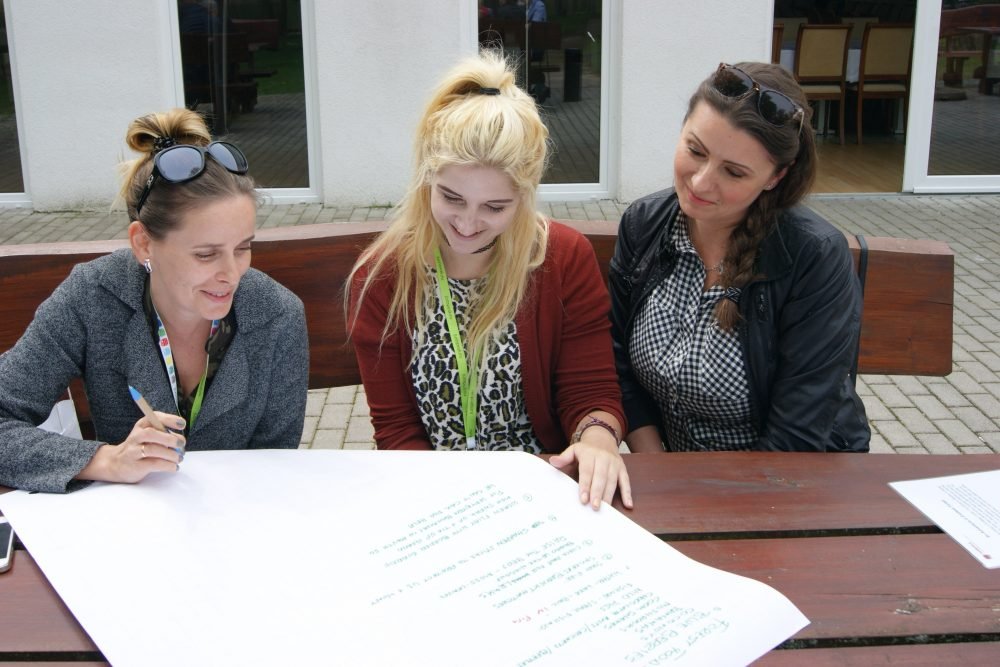
Culture
As I mentioned earlier, Europe is full of diverse cultures.
Cultural norms will differ not only from country to country – for example, expectations for first-time English teachers in Ireland differ from expectations for first-time English teachers in Spain – but also from school to school!
One of the best things about teaching English in Europe is learning the nuances of a place’s culture. When I was in Poland, I was lucky enough to visit some of my former students in their home towns, be invited to family homes for dinner, and learn about their daily routines and habits. I got a far deeper insight into Polish culture than when I was exploring the country as a tourist, and I’m eternally grateful for that.
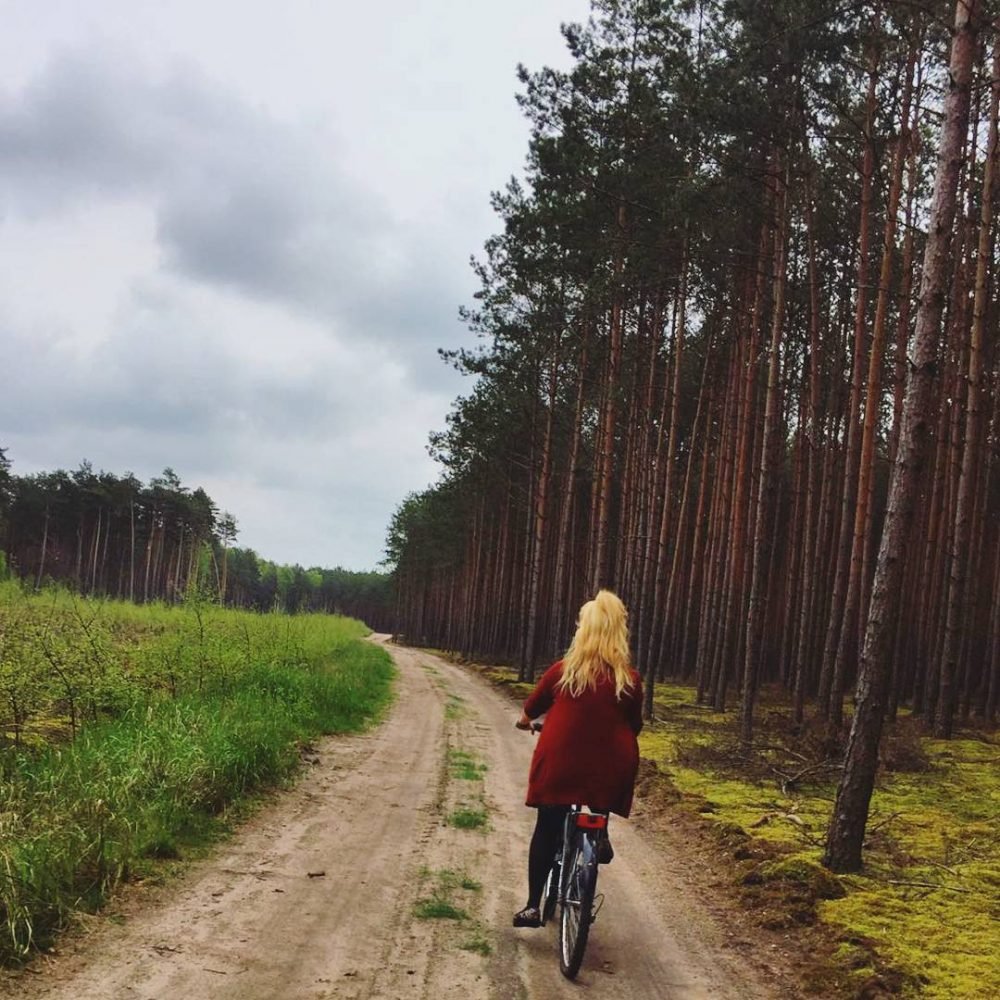
If you’re feeling any discomfort of anxiety due to culture shock, remember that it’s totally normal.
Try to keep an open mind about cultural norms that may differ from yours and say yes to opportunities or invitations that flow your way, and you’ll soon start to feel at home.
One of my favourite things about Europe is the work-life balance that we have here, that isn’t as common elsewhere in the world (the amount of annual leave in the US is shocking to me!).
Many European countries have a higher ratio of leisure time to work time in order to support the well-being of their population. Spain in particular is known for this, as I discovered when I lived there!
Expect your colleagues to be committed to their jobs and duties while at work, and respect the times when they are not working.
Be sure to follow their lead and enjoy your free time, too!

Travel
With all that free time, you’ll have plenty of opportunities to travel in Europe.
The continent is famous for its quick and easy public transport and rideshare services like BlaBlaCar, FlixBus, high-speed trains, and budget airlines all make traveling on an English teacher’s budget fairly achievable with planning and strategy.
Europe is also compact, meaning that you can do a day trip from Vienna to Bratislava or drive from Ljubljiana to Venice in just a few hours.

Relationships
Creating meaningful memories and teaching English effectively are both enhanced by forming solid relationships with those around you.
While this may seem more intimidating than it might at home, putting yourself in a situation where you interact with strangers (in a safe way!) will reward you greatly.
Do your best to put yourself out there and connect with as many people as possible (I wrote an article about how to meet people while travelling, which may be helpful). Make an effort to connect with the other English teachers and find your local expat community – being around people who understand the difficulties of moving to a new country is so important.

Teaching
So, what can you expect in terms of your actual time in the classroom?
First, remember that your students’ fluency in English will vary. Some countries begin English education in primary school, and some begin later in a student’s career.
If you’re teaching adults, they may never have learnt English in school. I was working with older Polish people, who only ever learnt Russian, so they were beginning completely from scratch.

Researching the English level of your school’s country before the first day of school
will help you adjust your lessons appropriately so that both your students and you feel comfortable in the classroom.
Don’t be surprised if you have a few students who already speak English at an advanced level, along with some who don’t understand any English.
You will find creative ways to support those students either through trial and error, research, or asking your more experienced colleagues for guidance.

If you encounter students who are hesitant to engage due to a lack of confidence in their abilities, try not to panic. This is also normal, and there are many resources, both online and likely within your school or teaching network, to help you connect with those students.
Finally, expect to learn just as much from your students as they will learn from you! They might not be teaching you grammar, but the cultural exchange will be invaluable.

How to Teach English in Europe
If you have yet to find an English teaching role in Europe, you have multiple pathways at your disposal: teaching in language academies, working as a language assistant in local schools, teaching in international schools, and tutoring as a freelancer are all possibilities.
If you’re not fussed about earning money and are just trying to travel for free, you can even volunteer like I did! I worked in exchange for food and accommodation with programmes like JustSpeak, and it was perfect for me at the time.
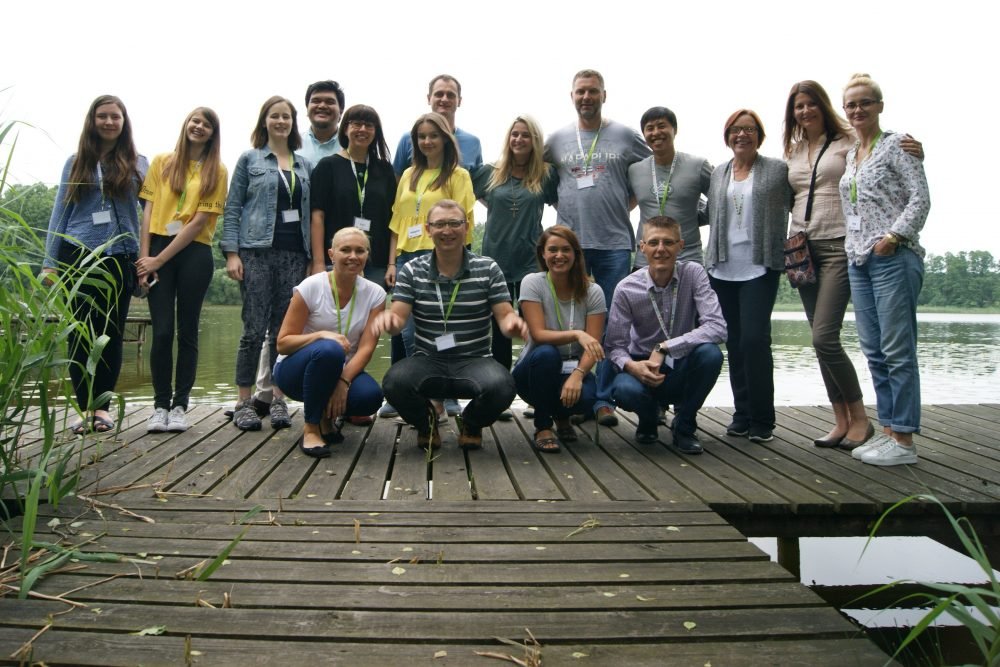
Of course, the requirements vary depending on which route you take.
Some will require certifications, like a TEFL certification from an accredited academy or a credible teaching license, while others may only require a bachelor’s degree.
If you’re just planning to teach English online or in informal 1-1 sessions, you won’t need any qualifications at all!
Teaching English in Europe | Final Thoughts
While the path you take may be unique to you, one thing is certain across all
opportunities: Teaching English in Europe for the first time has the potential to be a
rich, memorable, and life-changing experience.
Once you have some experience with teaching English as a second language, you can use it as your passport all around the world, from Southeast Asia to South America and beyond.
That’s all for today’s post, but as always, if you have any questions then please leave them in the comments section and I will do my best to get back to you.
Until next time,
XOXO
If you liked this article and would like to support my work, please click the button above to donate a couple of bucks and buy me a coffee. The ad revenue that I receive on this website is minimal, so support from my readers enables me to keep creating content that you (hopefully!) love to read.
Disclaimer: Travelling Jezebel contains affiliate links. If you make a purchase on a recommended site, I may make a small commission at no extra cost to you.
